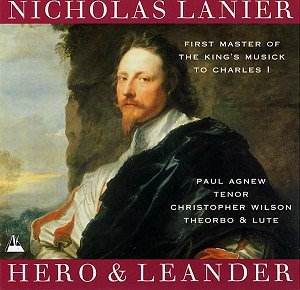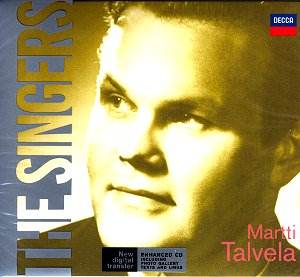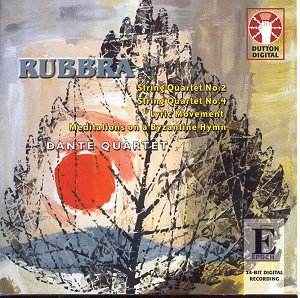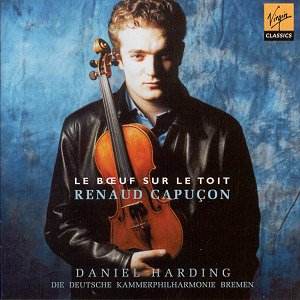 Composer: Nicholas Lanier
Composer: Nicholas Lanier
Works: Hero and Leander
Performers: Paul Agnew, tenor; Christopher Wilson, theorbo and lute
Recording: St Andrew’s Church, Toddington, Gloucestershire, May 1997
Label: Metronome MET CD 1027
Nicholas Lanier, a pivotal figure of the early 17th century, straddles the worlds of music and visual arts with a distinctly multifaceted legacy. As the first Master of the King’s Musik and a prominent lutenist and composer, he encapsulated the Caroline sensibility, deftly merging the lyrical with the dramatic. His work, particularly his settings of texts by contemporaries such as Thomas Carew, showcases his profound understanding of the nuanced interplay between word and music. This recording of Hero and Leander, a collection of twelve selections, presents an engaging exploration of Lanier’s artistry, offering both a historical window and an auditory delight for the discerning listener.
Paul Agnew’s interpretation as the tenor is both nuanced and deeply expressive, capturing the emotional weight of Lanier’s texts. His voice, characterized by a vibrant yet controlled timbre, lends a sense of immediacy to the narrative. In the poignant “Hero’s complaint to Leander,” Agnew’s delivery showcases a remarkable range of dynamics and inflections, particularly in phrases like “Heav’ns lend your aid and arm yourselves in thunder,” where his clarity and intensity create an electrifying moment. The accompaniment by Christopher Wilson on theorbo and lute is equally commendable; his playing is not merely supportive but rather an integral part of the narrative fabric. The interplay between voice and instrument demonstrates an exceptional understanding of the dramatic elements present in the text, particularly in the chromatic embellishments that heighten the expressive potential of the music.
The recording quality is exemplary, capturing the warm acoustics of St Andrew’s Church without sacrificing detail or clarity. The balance between Agnew’s voice and Wilson’s instruments is meticulously achieved, allowing the listener to appreciate the intricate textures of Lanier’s compositions. For instance, the refined colorations in “Neither sighs, nor tears” invite repeated listens, revealing layers of meaning within the poetry that Agnew parses with discernible care. This attention to textual nuance is a hallmark of Agnew’s performance, which consistently brings forth the emotional undercurrents of the lyrics, whether in the longing expressed in “Amorosa pargoletta” or the playful wit of Carew’s settings.
When comparing this recording to other notable renditions of Lanier’s work, it stands out for its cohesive interpretation and historical fidelity. Unlike some contemporary performances that may lean towards a more modern sensibility, Agnew and Wilson remain firmly rooted in the music’s original context, while still allowing for an expressive depth that resonates with today’s audiences. The reconstruction of “Hero’s complaint to Leander” serves as a prime example of this approach, blending Lanier’s material with an opening and closing symphony by Henry Lawes. This thoughtful assembly not only enriches the listening experience but also highlights Lanier’s remarkable ability to blend stylistic influences.
This recording of Hero and Leander emerges as a significant contribution to the understanding of Nicholas Lanier’s oeuvre. It presents a compelling blend of historical insight, technical prowess, and emotional depth, making it an essential listen for both scholars of early music and general enthusiasts alike. The artistry displayed by Agnew and Wilson, along with the thoughtful engineering of the recording, ensures that this collection holds its own as a distinguished representation of early 17th-century English song.



